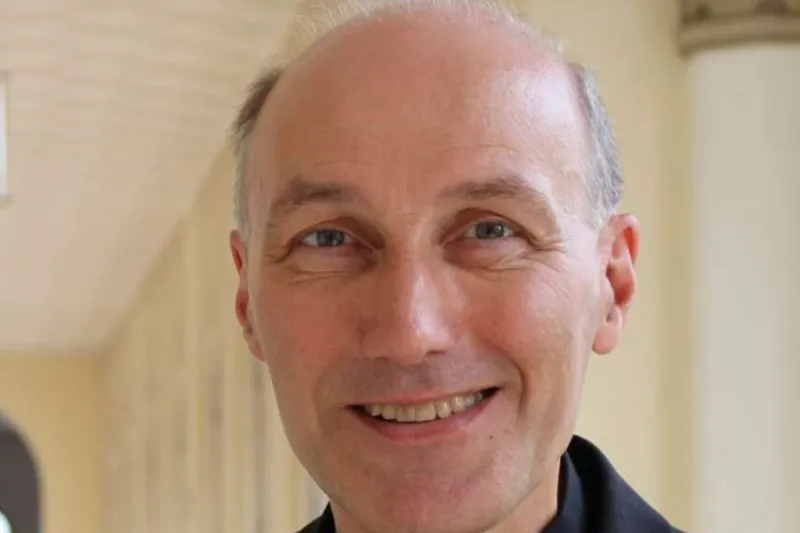
Bonn, Germany, Jul 12, 2021 / 12:00 pm (CNA).
A theologian has called on bishops and Catholic organizations in Germany to embrace and encourage practicing Catholics more actively.
Fr. Andreas Wollbold, a professor of pastoral theology at the Ludwig Maximilian University of Munich in southern Germany, made the comment after the publication of a 415-page study of Catholic life and communications in Germany.
“With a good 22 million Catholics in Germany, there are, after all, 1.5 million highly engaged people. They form a separate segment that can be served with clear, sophisticated, and really substantial contributions,” he told CNA Deutsch, CNA’s German-language news partner, on July 9.
“This also includes giving them the awareness of being exceptional, special, even initiated. They are the avant-garde, and not the last of the Mohicans.”
The study, known as “MDG Trendmonitor – Religious Communication 2020/21” and presented on July 7, surveyed 1,690 Catholics aged 14 and over in the summer of 2020.
The fourth of its kind, the study was produced by public opinion research companies with the support of the German Catholic bishops’ conference.
Ariadne Klingbeil, managing director of MDG, said: “The Trendmonitor is an important building block for developing strategies and concepts for what the Church does, and how the Church communicates.”
Welcoming the study, Bishop Gebhard Fürst of Rottenburg-Stuttgart said: “Church media work must ensure that it truly serves people. That means not promoting every trend without question.”
“At the same time, the Church must herself be able to communicate, to reach people as and where they are. For this reason, Church media work must always question and develop itself.”
Wollbold told CNA Deutsch that, while the study had a strong empirical basis, Church leaders should be cautious about accepting the conclusions offered by the authors and contributing commentators.
“In the end, the impression given is that the traditional channels have no future. That, in general, the Church has to adapt more to the ideas of those who are distant from the Church — and thus rapidly secularize itself,” he said.
“Everything is in flux, that is the credo that is emphasized. Because that is the only way to increase the need for advice,” which, he said, opinion research companies relied upon.
The professor suggested that those “who are familiar with the Faith and the Church live and think better.”
“Often, however, the opposite is conveyed and the Faith and the Church are presented as problem cases,” he commented.
The study concluded that a “digital transformation” is profoundly affecting the way that German Catholics consume media.
Klingbeil said that another significant finding was that, despite record numbers leaving the Church, the core membership of deeply committed Catholics has remained steady over the past 25 years or so.
“The decline in Church membership does not mean that religiosity is losing importance among the population,” she said.
The study also found that Catholics aged 14 to 17 are particularly committed to the church and are engaged with the faith, in contrast to Catholics between the ages of 18 and 29.
Asked if fundamental Church teachings were being conveyed adequately, Wollbold said: “No, the church and many of its media have almost completely fallen prey to the worldliness of our culture.”
“However, the knowledge of eternity and of a God for whom very different things count than earthly success and well-being are the decisive plus of Christianity. But that is something one really has to firmly believe.”
If you value the news and views Catholic World Report provides, please consider donating to support our efforts. Your contribution will help us continue to make CWR available to all readers worldwide for free, without a subscription. Thank you for your generosity!
Click here for more information on donating to CWR. Click here to sign up for our newsletter.




Great ideas based on excellent studies by Fr. Andreas Wollbold, Ariadne Klingbeil, managing director of MDG. What’s missing is the key element, Hierarchy leadership at the executive level, referring to the president of the bishops conference and the Vatican. Does that leadership possess the competence? What’s encouraging is ground for the recovery of German Catholicism.